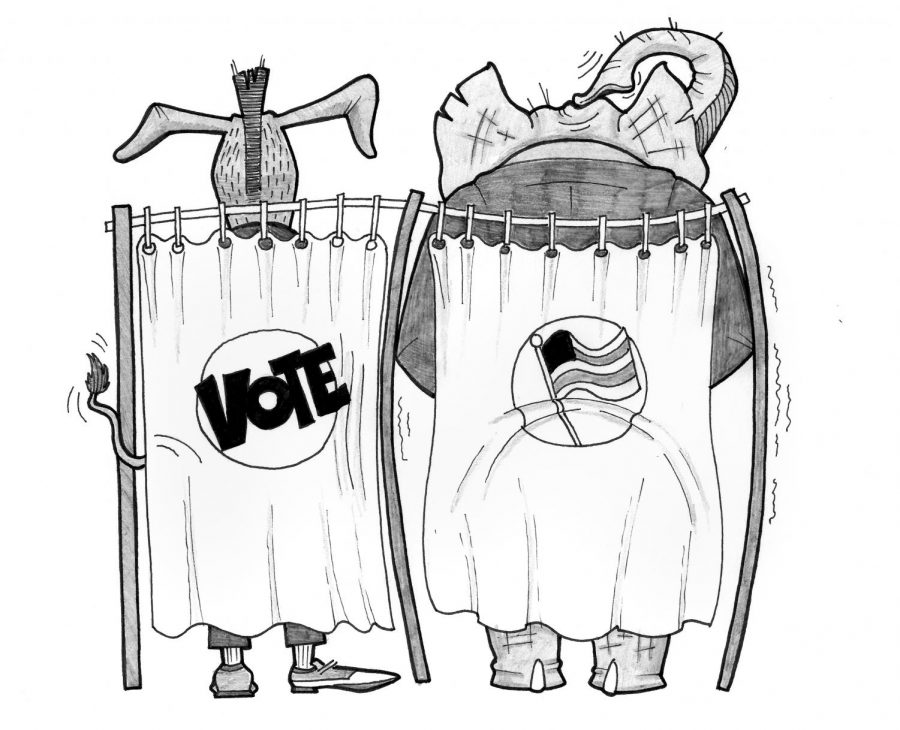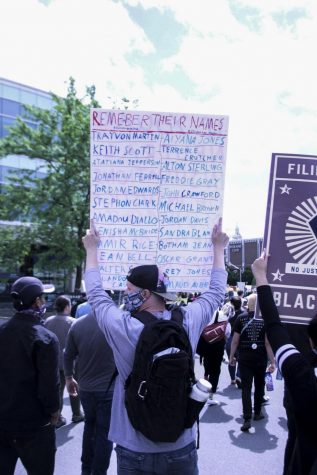Fraud could change outcome
NICK SANDIFER | The Daily Evergreen
Producing identification when registering to vote has been an issue of debate for decades amongst Republicans and Democrats.
November 2, 2017
In 2012, over 3 million citizens registered to vote in more than one state. That same year, almost 2 million deceased citizens were registered to vote in the state they lived in before their deaths.
Without some measurement of laws or regulation, the integrity of our American electoral system is constantly compromised. Unfortunately, what should be a simple issue of efficiency and procedure has been co-opted by political forces, mainly on the left.
In the past, many Democrats have made the claim that voter ID is somehow racist, or that it will disproportionately affect minorities and the poor. This, however, has been proven time and time again to be simply untrue.
A 2008 study from the University of Missouri showed that Indiana’s voter turnout actually increased a year after their first Voter ID laws were passed, and another in 2007 from the Brennan Center concluded that “concerns about voter identification laws affecting turnout are much ado about nothing,” even across racial and income-based parameters.
Perhaps fifty years ago, there might have been some validity to the disenfranchisement of certain groups. Nowadays, the fact of the matter is that nearly everybody possesses some form of voter identification. Basic activities, such as signing contracts, registering a vehicle, purchasing alcohol or even entering certain commercial buildings all require some form of identification in 2017, and the vast majority of the American population keeps these documents on their person at all times. If a reader were to reach in their back pocket, it is more likely than not that they have a wallet with a driver’s license or some other form of photo ID.
Unfortunately, there is something far more sinister at play than disenfranchisement. While many will disparage voter fraud as being a small issue, they miss a fundamental point: Is the margin of victory greater or less than the number of illegal votes?
The 2000 presidential election between Republican candidate George W. Bush and Democratic candidate Al Gore was decided by less than a thousand votes. Local and state-level officials oftentimes win by even smaller margins. If even a tiny fraction of voter fraud exists, it has the potential to be disastrous.
Today, 32 of the 50 states have some form of voter ID regulation, with West Virginia and Iowa joining the list in effect by 2018. Hopefully, within a generation, the number will rise to 50.






















